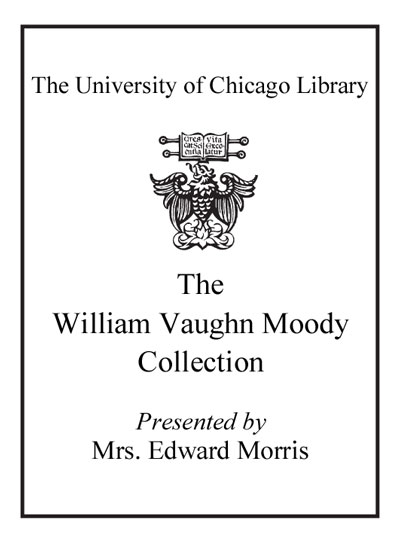Review by Booklist Review
In her first collection of stories set mostly in her hometown of East Los Angeles, González unfurls the preoccupations of Mexicans and Mexican Americans and conveys an array of emotions they feel stemming from their blue-collar jobs, cultural heritage, faith, and poverty. Her use of Mexican slang adds a distinctive flavor that enhances the atmospheric setting. In the title story, a touch of magical realism brings to life a chola-styled Frida Kahlo and the Virgin of Guadalupe, who dole out coarse yet hopeful counsel to an ambivalent young woman. In "Act of Faith," a determined wife cleverly resolves a religious impediment when divorce is not an option. Survival and grit play out unsavorily in "Angry Blood." In "Pepper Spray," a mailman gets triggered while attending his ex-girlfriend's wedding. A betrayed wife finds an unexpected inspiration to take on her philandering husband in "Matadora." Beneath the machismo and the matriarchal dominance that reverberate in González's stories is a thriving Chicano/a pride that unites and rewards these flawed but resilient characters as they achieve bittersweet triumph over steep odds.
From Booklist, Copyright (c) American Library Association. Used with permission.
Review by Publisher's Weekly Review
Gonzalez's debut collection delivers a layered portrait of Mexican American life rooted in 1980s East Los Angeles. In "How to Tell a True East LA Story," the narrator claims East L.A. cannot be captured only by representations of gangs or cops, but by "little old ladies... trying to dig out the latest gossip" and "Mexicans who work at anything," a sentiment Gonzalez honors in many of the stories, which blend mystical elements and realism. In the busy title story, the teenage narrator escapes from her abusive parents with the help of Frida Kahlo and a "chola" Virgen de Guadalupe, who lead her to El Paso where she apprentices with a tattoo artist aunt. The characters in "I Hate My Name" and "Peroxide" yearn for whiter features, contrasted by the Chicano pride featured in "Boulevard Saints." While some of the stories feel slight, the most resonant explore the heartache that stems from prideful silence and isolation within families, as in "Little Soldiers," about a Vietnam vet who tries to connect with his estranged daughter and grandson by giving him a haircut ahead of his confirmation, and "No Such Thing," about a gay bookstore owner ashamed to ask his family for money to help his failing business, both of which are highlights. Ultimately, Gonzalez catches her stride to create an inviting tapestry. (Apr.)
(c) Copyright PWxyz, LLC. All rights reserved
Review by Kirkus Book Review
Smoldering stories that center the lives of Mexican Americans by complicating common tropes and conceptions. This debut collection of interlocking short stories turns an unflinching eye on the small tragedies, gut-wrenching betrayals, and enduring courage of working-class Latinx folks in East Los Angeles and the borderlands. In the title story, 14-year-old Isabela struggles to break free of her mother's physical abuse and her father's molestations. Frida Kahlo and La Virgen de Guadalupe show up to help, but they don't look like the typical icons of Chicano culture. Instead, Frida and La Virgen rock baggy pants, bright eye shadow, and dark lipstick while figuratively and literally arming Isabela to fight back. The story ends in a satisfying, bloody confrontation, but other stories close quietly. "Powder Puff," an absolutely devastating story told through the meticulous makeup routine of a woman who desperately wants to be seen, ends with dejection and jars of foundation stacked in a closet, "liquid skin sitting there, flaking inside the glass." "Matadora" and "Happiness Is Right Next to You," both of which center around disruptive wedding guests, offer slow burns and abound in the sartorial excess of the 1980s: shantung yellow pantsuits, black velvet chokers, and perms aplenty. Imagine Winesburg, Ohio featuring Chicanx of East Los Angeles with a touch of mystical realism. Copyright (c) Kirkus Reviews, used with permission.
Copyright (c) Kirkus Reviews, used with permission.
Review by Booklist Review
Review by Publisher's Weekly Review
Review by Kirkus Book Review

